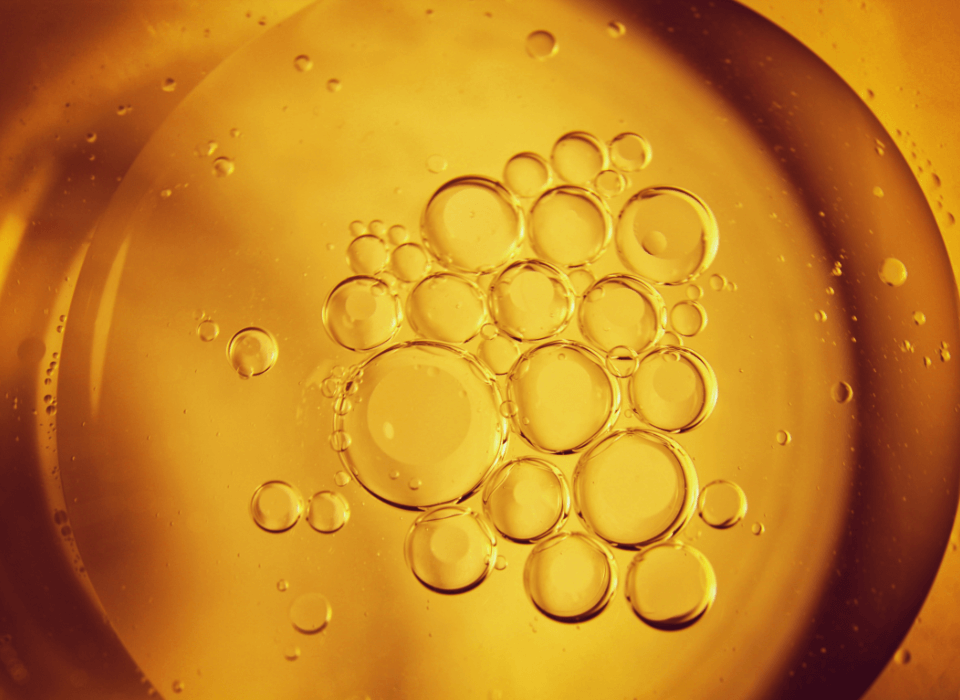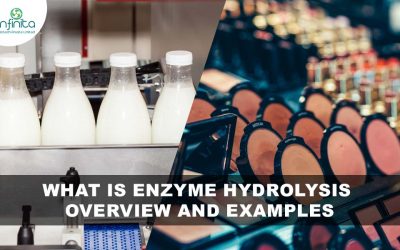Enzymes for Biodiesel

Biodiesel is a renewable energy source unlike other petroleum products that will vanish in years to come. It can be produced on demand and causes less pollution compared to petroleum diesel. Biodiesel is simple to use, biodegradable, non – toxic, and essentially free of sulphur and aromatics.
The use of biodiesel helps reduce dependence on finite fossil fuel reserves, while its emissions have decreased levels of hydrocarbons and nitrated compounds that have been identified as potential cancer-causing compounds. Biodiesel is typically made by chemically reacting lipids with an alcohol producing fatty acid esters.

With extensive R&D, specialised enzymes complexes have been developed for esterification of the oils to produce biodiesel. In the enzymatic process, there is no soap and no caustic formation. Less than tenth of the energy consumed in the chemical process is required in the Enzymatic process. The enzyme provides plant flexibility and it allows expanding the feedstock selection to multi-functional plants working with cheaper feedstocks. The major economic benefit of enzymes comes in their ability to handle a variety of inexpensive and high FFAs feedstocks such as Brown Grease, Acid Oils, Used Cooking Oil, Animal Fat, etc
Biodiesel is a renewable energy source unlike other petroleum products that will vanish in years to come. It can be produced on demand and causes less pollution compared to petroleum diesel. Biodiesel is simple to use, biodegradable, non – toxic, and essentially free of sulphur and aromatics.
The use of biodiesel helps reduce dependence on finite fossil fuel reserves, while its emissions have decreased levels of hydrocarbons and nitrated compounds that have been identified as potential cancer-causing compounds. Biodiesel is typically made by chemically reacting lipids with an alcohol producing fatty acid esters.


With extensive R&D, specialised enzymes complexes have been developed for esterification of the oils to produce biodiesel. In the enzymatic process, there is no soap and no caustic formation. Less than tenth of the energy consumed in the chemical process is required in the Enzymatic process. The enzyme provides plant flexibility and it allows expanding the feedstock selection to multi-functional plants working with cheaper feedstocks. The major economic benefit of enzymes comes in their ability to handle a variety of inexpensive and high FFAs feedstocks such as Brown Grease, Acid Oils, Used Cooking Oil, Animal Fat, etc
Our Solutions

LIPASE COMPLEX ENZYMES
Our specialised Lipase Complex Enzymes for esterification of edible and non – edible Oils can be utilised to produce biodiesel.

Eco-Friendly

Efficient
Esterification

Highly Specific
Lipase

Eco-Friendly

Efficient Esterification

Highly Specific Lipase
Related Articles
Understanding Malt Extraction: The Strength of Enzymes
Malt extraction is a crucial process in the brewing industry that relies on the strength of enzymes to convert starches in grains into fermentable sugars. By understanding the basics of malt extraction and the science behind it, brewers can optimize their techniques...
The Science Behind Malt Extract: Understanding Its Role in Cooking
An ingredient that often pops up, especially in baking, is malt extract. But what's the science behind this mysterious ingredient? And why is it such a popular addition to many dishes? What is Malt Extract? It’s like the superhero of the baking world, swooping in to...
What is Enzyme Hydrolysis – Overview and Examples
Enzyme hydrolysis is the process of a compound’s catalytic decomposition by reaction with water in the presence of enzymes. Hydrolysis process is extensively used in the food industry for the transformation of cellulosic materials into fermentable materials by adding...
QUICK LINKS
HOME
ABOUT
CERTIFICATIONS
BLOGS
MEDIA
CAREERS
FAQs
CONTACT
PRODUCTS
© 2024, Infinita Biotech Private Limited. All rights reserved.
Designed by Kerkar Media



